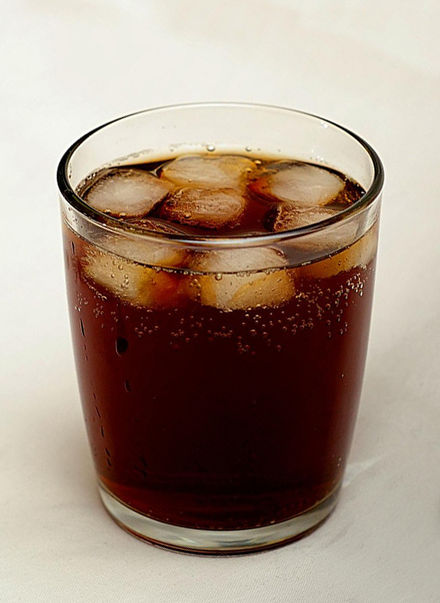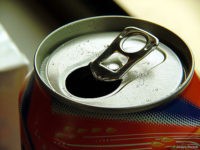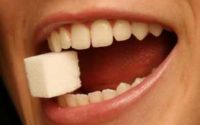Author Interviews, Breast Cancer, Cancer Research, Sugar / 14.03.2021
Breast Cancer: Sugar-Sweetened Soda Consumption May Impact Mortality Risk
MedicalResearch.com Interview with:
Nadia Koyratty PhD student
Department of Epidemiology and Environmental Health
University at Buffalo
State University of New York
MedicalResearch.com: What is the background for this study?
Response: The literature suggests that sugars contribute to the incidence of breast cancer, but few exists on the prognosis after a breast cancer diagnosis.
MedicalResearch.com: What are the main findings?
Response: Compared to breast cancer patients who never or rarely drank non-diet soda, those who reported drinking non-diet soda five times or more per week had a 62% higher likelihood of dying from any causes, and were 85% more likely to die from breast cancer specifically.
(more…)










